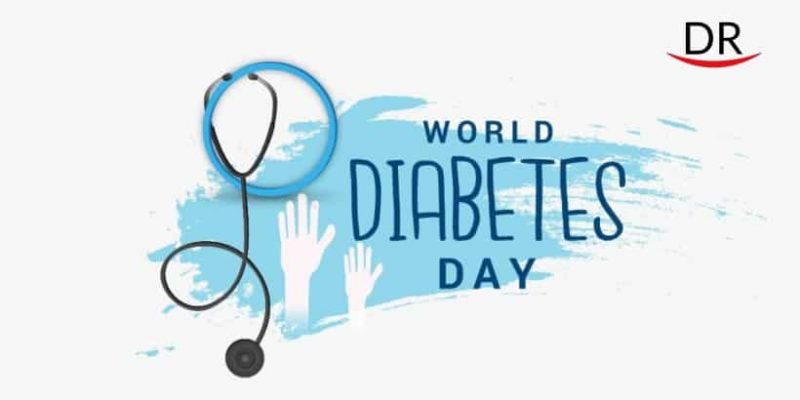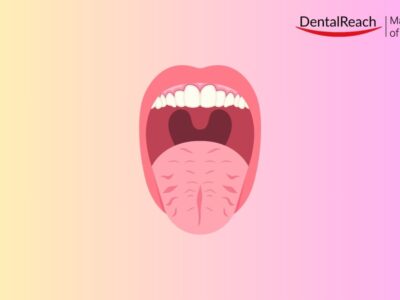Diabetes is a worldwide endemic disease having reached over a billion of population all over the globe. Historically, this disease was known to be associated with rich families and those who had a stagnant lifestyle. At present situation there is no stop to diabetes as even the lower economic population especially in the developing countries are being affected.
Diabetes, if it stays undiagnosed for long comes with a package of complimentary interlinked health issues affecting different parts of the body. Sex predilection for diabetes is more towards females. Recent researches have showed that higher incidence of diabetes is more prevailing in young and middle aged females, the reason being unhealthy lifestyles.
WILL RE-CLASSIFICATION IMPROVE TREATMENT?
Currently diabetes is taken as a serious health issue and there are many diabetic awareness programmes being conducted to educate the general public about its ill effects.
Diabetes in general classified as TYPE I and TYPE II.
TYPE I is more common in children, while TYPE II affects middle aged and older individuals.
Current statistical data also reveals that TYPE II diabetes has a higher incidence. Recently, the European Diabetic Association reclassified TYPE II Diabetes into
- Severe Auto-Immune Diabetes (SAID)
- Severe Insulin Resistant Diabetes (SIRD)
- Severe Insulin Deficient Diabetes (SIDD)
- Mild Obesity related Diabetes (MOD) and
- Mild Age Related Diabetes (MARD)
DIABETES AN HORRIFYING DREAM
Although a lot of research and awareness programmes are conducted by the public health team, still diabetes haunts like a horrifying dream for the current population. The only treatment apart from strict limited carbohydrate diet are oral hypoglycemics and insulin.
Young people suffering from TYPE I diabetes are diagnosed late, but presents with physical symptoms like being obese and lethargic.
TYPE II diabetes are diagnosed mainly after some severe ill health effects like
- Sudden hypertension
- Lacular strokes
- Renal pathologies etc.
DIABETES AS A FASTEST GROWING DISEASE
Care needs to be taken to prevent this condition as its been considered as fastest growing medical disease. General public needs to be educated about the dietary habits especially the youngsters. Home food needs to be preferred than hotel food and other eateries, as nowadays people follow the opposite and consume most of their staple diet from outside.
Care must be taken to follow regular health checkups for people who suffer from diabetes. Strict regime of HbA1c has to be followed and the glucose levels in the bloods should be less than 6.5% for controlled diabetic patients.
A DOUBLE-TROUBLE IF LEFT UNTREATED
Since diabetes is a never ending situation, the disease can only be controlled by diet modification and proper medical care and NOT cured. Any individual who suffers with diabetes for more than 30 years and with improper medical care and negligence increases his chances for developing other medical conditions like diabetic neuropathy, retinopathy and nephropathy. Major complications of diabetes also effect brain, heart and peripheries causes peripheral vascular diseases.
ELDERLY CARE AND ATTENTION
Additional care must be taken for age group 60 years and above (geriatric patients), thereby keeping them in check with their medicines as diabetes also causes amnesia and dementia in old age patients.
By educating the patients, providing quality assurance, constant followup within 3-4 weeks to a diabetologist and having a suitable knowledge about the disease complications can help an individual to take care about himself & others thereby provide a hassle free living to the community.
TO CONCLUDE
There is a long way to go!
According to the International Diabetes Federation, diabetes may affect 8.8 percent of India’s adult population with 72,946,400 cases in 2017.
The future predictions by 2045, the number of diabetes cases in South Asia will increase to 151 milllion compared to present 82 million. An estimation of 98% of Type II diabetes cases alone will be encountered in India by 2030.
Whether to suffer or to survive, its upto us to decide & battle this deadly disease which has a slow poison effect affecting the entire human body.




















Comments